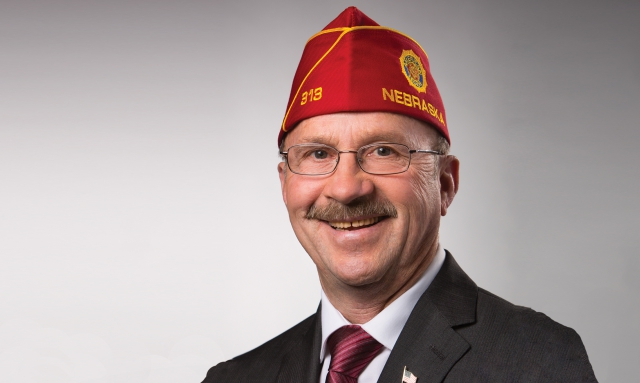
The post-9/11 generation’s place in history
Most veterans of the post-9/11 wars have been home for some time, but in many ways America is just getting to know them.
Thousands are transitioning out of the military or retiring from service, opening new chapters in their lives. Others who have fought in this long war hung up their uniforms years ago and are paying it forward today as Legionnaires, veterans helping veterans, building new careers, raising families and leading communities.
In your hometown and mine, these men and women are eager to enjoy the freedoms for which they fought. They’re taking college classes. They’re applying for jobs. They’re owning and operating businesses. They’re volunteering in their communities and running for elected offices. This is their moment.
Yet the ordinary veteran’s experience, and success, often doesn’t make the news. Post-traumatic stress disorder, traumatic brain injury, prosthetic limbs, and VA’s struggles to keep pace with patient numbers and claims certainly demand our attention and action. But that’s only part of the story of this extraordinary generation of veterans.
There’s a myth that our veterans “are somehow damaged goods,” retired Marine Corps Gen. James Mattis said in a speech at the Marines’ Memorial Club in San Francisco last year. “I don’t buy it.”
Unfortunately, when “wounded” is emphasized over “warrior,” a misleading narrative can take shape: that veterans are victims traumatized by war. That can indeed happen, but for the majority of those who served in combat, it’s just not the case.
Having come of age in the Vietnam era, when troop support hit an all-time low, I’m gratified that Americans today are united in caring for our servicemembers, no matter how they feel about the war on terrorism. The Internet and social media, too, have made us ever more aware of the bravery and sacrifice of our troops – not to mention the toll of their injuries, physical and mental. We see their pictures, we read about their struggles and, understandably, we’re moved. Headlines about PTSD and veteran suicide rates add to our concern.
Let me tell you, though, what I know about these veterans. First, all of the more than 2.5 million men and women who deployed to the war theaters were volunteers. National Guard and reserve personnel commonly left civilian lives behind for two or more tours.
Second, combat was unique for post-9/11 veterans. Roadside bombs, shifting political and religious tensions, and no easy way to distinguish civilians from combatants posed unprecedented challenges that our troops met head-on, and continue to meet.
On bases, in hospitals and at job fairs, I’ve met hundreds of these young veterans, and none have shown regret for the sacrifices they have made, nor do they seek sympathy from anyone. Before the nation ever asked, they declared their willingness to serve and, if necessary, give their lives in our defense. They deserve our pride and support. With that, I thank those who have served during this war – including two of my own sons – all of whom are carving out a place in history that belongs entirely to them.
